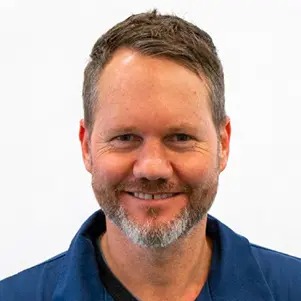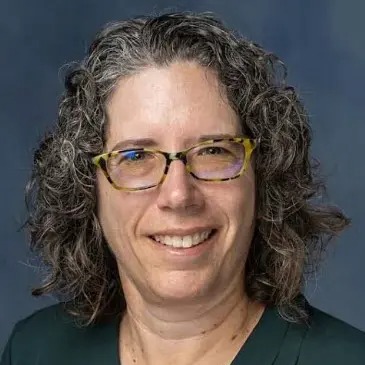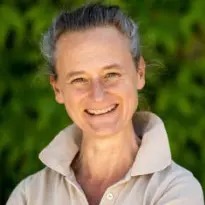Refractory Equine Glandular Gastric Disease – Morbidity & Mortality Case-Discussions
Species
Equine
Contact Hours
3 Hours - RACE Approved
Language
English
Discipline
Behaviour
Diagnostic Imaging
Internal Medicine – Endocrinology, Haematology, Infectious Diseases, Parasitology & Oncology
Nutrition
Pathology - Clinical & Gross
Toxicology & Pharmacology
Veterinary Partners
Global



North America
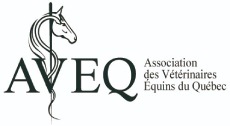
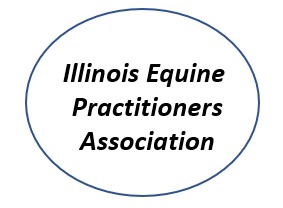
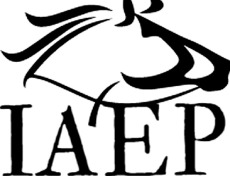
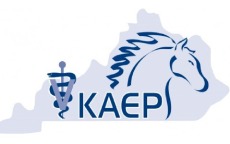
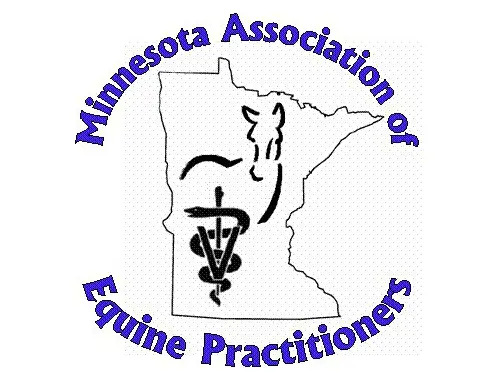
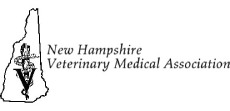


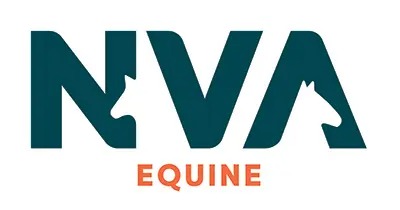

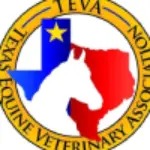

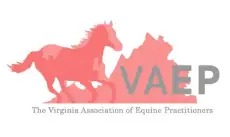
Europe
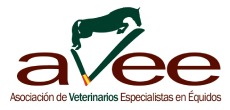
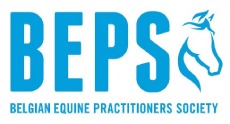


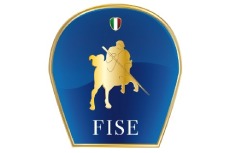

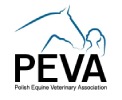
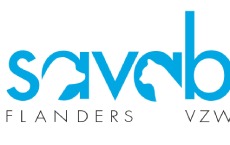
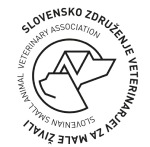
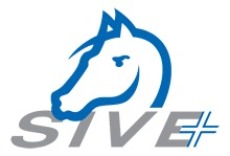



Middle East & Africa
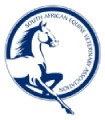
Asia-Pacific

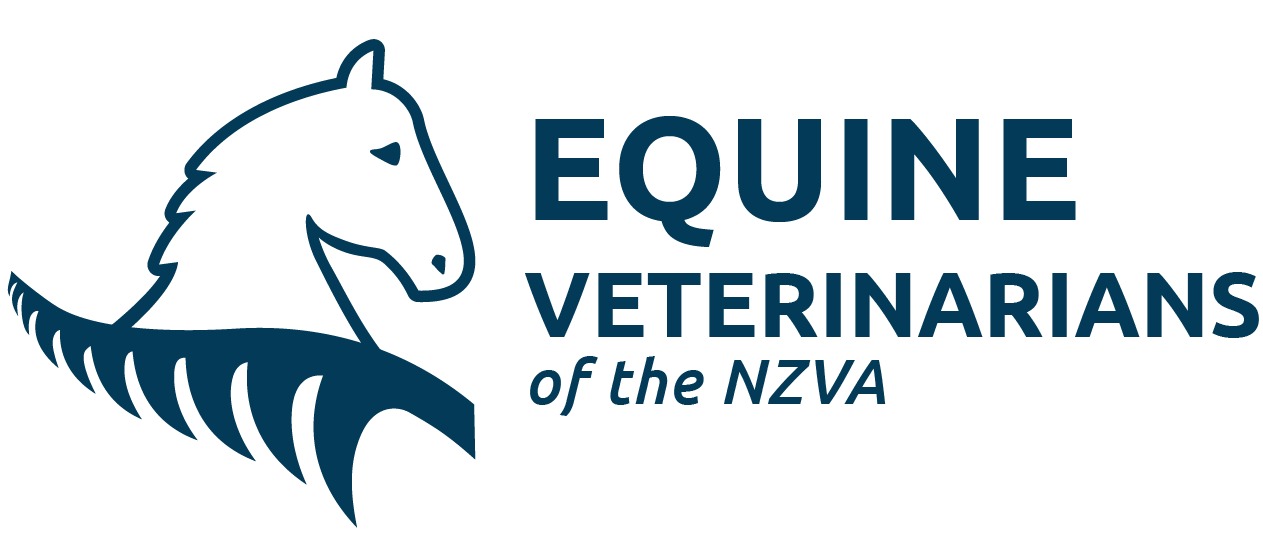
Recorded: 27th August 2024
Panelists:
Gayle Hallowell MA VetMB, PhD, Cert AVP (Veterinary Anaesthesia), DACVECC, DACVIM, PFHEA, FRCVS - Equine Vet Medicine Referrals, UK
Chris Sanchez DVM, PhD - University of Florida, USA
Monica Venner Dr.Med.Vet., PhD, DECEIM, Fachtierärztin für Pferde - Pferdeklinik Destedt GmbH, Germany
Moderator:
Michael Hewetson BSc(Hons)Ag, BVSc., PhD, FHEA, DECEIM, MRCVS - Royal Veterinary College, UK
PANEL DISCUSSION DESCRIPTION
This interactive panel discussion brings together internationally recognised internal medicine specialists from Europe and the United States to discuss the challenges of treating Equine Glandular Gastric Disease (EGGD), and specifically, how best to manage horses that are refractory to treatment. The discussion will focus primarily on pharmacological management but will also touch on other management and feeding strategies that can be used to improve healing rates and mitigate against reoccurrence.
Whilst recognising the limitations surrounding availability of certain drug formulations in different countries, the panelists will debate what they consider to be ‘first line’ and ‘second line’ drugs for treatment of EGGD; how they use them to maximise efficacy; and how they would modify their approach in the case of a ‘non-responder’. The panelists will contribute a wealth of clinical experience and anecdote to the discussion but will be encouraged to justify their approaches based upon current evidence where available.
- When do you consider a lesion healed?
- How long should you wait before deciding a horse is a non-responder?
- Is there any value (or science) in determining intragastric pH in non-responders?
- Should you biopsy lesions that are refractory to treatment? If so, how do you interpret the results?
- What are the alternatives when acid suppression is not effective? When do you reach for corticosteroids?
- Should competition horses be rested during treatment? Are there any other management strategies that might be effective?
- What is the role of the microbiome in horses with EGGD? Are antibiotics ever indicated?
- Are there any nutritional risk factors that could potentially delay or prevent healing?
Gayle graduated from the University of Cambridge in 2002 and then undertook a rotating internship and residencies in large animal internal medicine and critical care at the Royal Veterinary College. She then moved to the University of Nottingham to undertake an equine cardiology PhD and stayed on staff for 15 years. She then joined IVC Evidensia where she led veterinary professional development and was an equine medicine consultant at Pool House Equine Hospital. She has recently returned to specialty practice as a clinician and educator at Equine Vet Medicine Referrals.
More InfoDr Michael Hewetson graduated from Onderstepoort, South Africa in 1999. He spent time in private equine practice in the UK before completing a residency in equine internal medicine at the University of Glasgow. He is a registered RCVS specialist in equine internal medicine and is a diplomate of the European College of equine internal medicine. He has a PhD in equine gastroduodenal permeability studies and has an active research interest in equine gastric ulcer syndrome. He currently works as a clinical educator at the Royal Veterinary College in London, where he an associate professor in equine internal medicine.
More InfoDr. Sanchez is a professor and large animal internal medicine specialist and has been a member of the University of Florida faculty since 2003. Additionally, since January 2020, she has served as Interim Associate Dean for Clinical Services.
She received both her DVM in 1995 and PhD in 2003 from the University of Florida and has been a longtime member of the college’s Alumni Council. She completed her residency in large animal internal medicine in 1999 and obtained her board certification that same year.
In addition to her clinical and didactic teaching experience in large animal medicine, Dr. Sanchez has played a key role in various aspects of communication instruction to veterinary house officers, staff and students.
Her research focuses on three main areas: equine gastric ulcer syndrome, pain management in the horse and critical care of equine neonates. Her laboratory has evaluated the effectiveness of various drugs for the treatment of gastric ulcers in foals and adult horses and for pain management in adult horses.
More InfoMonica graduated from the Veterinary School of Maisons-Alfort, France. Then she was lucky to join the Equine Clinic of Veterinary School of Hannover, Germany, where she completed her PhD-Thesis on “Interstitial pulmonary disorder in horses”. Besides of increasing her experience in internal medicine of the horse, she was given the opportunity to accomplish a “Habilitation” on Rhododoccus equi pneumonia of foals. She is de facto diplomate of the ECEIM.
Currently she is head of a private veterinary clinic in the middle of Germany with focus on equine medicine. She is devoted to training young veterinarians and feels very lucky to have an intense research activity with them and with national and international partners in the field of foal’s diseases, infectious disorders and gastric diseases. Additionally, she is a lecturer at the Veterinary School of Hannover, Germany, a consultant on German breeding farms and is engaged to improve the wellbeing of German racing Throroughbred.
More InfoQualified Vet
Online Panel Discussion
USD 95.00
Intern/Resident/PhD (Requires proof of status)
Online Panel Discussion
USD 70.00
Vet Nurse/Vet Tech (Requires proof of status)
Online Panel Discussion
USD 70.00
Veterinary Student (Requires proof of status)
Online Panel Discussion
USD 20.00
If the options you are looking for are unavailable, please contact us.
No tax will be added unless you are a UK taxpayer
Choose currency at checkout






